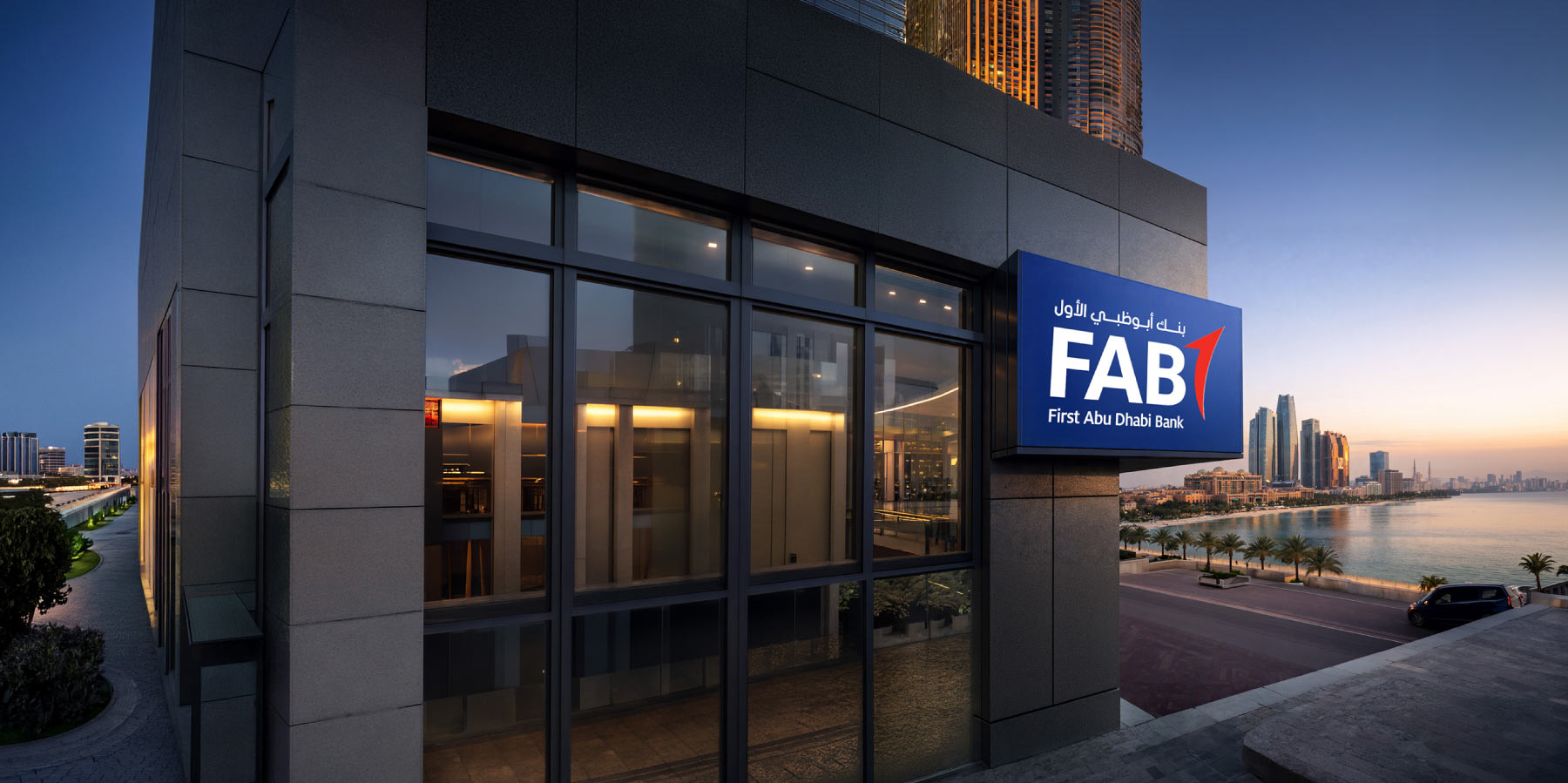WestLB (C): A change in direction
Growing political pressure combined with industry-wide changes compelled WestLB to alter its approach to project financing. The C-case tracks the decision-making processes in the bank that resulted in action on three fronts: (1) participation in the development of the Equator Principles: (2) the creation of an internal sustainability department and (3) the implementation of an open forum for dialogue with NGOs. The OCP pipeline was completed and began transporting oil from the Ecuadorian Amazon to the Pacific coast. Since the pipeline route passes through geologically unstable terrain subject to earthquakes, landslides and volcanic activity, protestors had predicted oil spills. In 2009 a mudslide caused a rupture in the pipeline and oil spill in the Santa Rosa river. NGOs working on the field and OCP officials disagreed over the amount of oil spilled, the efficiency of the cleanup process and the long-term damages to the environment and communities living in the area. Relations between WestLB and NGOs improved with the open forums for dialogue. However there are still strong differences of opinion on the pipeline project between WestLB and OCP on the one hand and NGOs and sustainability campaigners on the other hand.
Integrating environmental and social, as well as economic, issues into strategic decision-making and building trust and communicating with diverse stakeholder groups.
2001-2011
Cranfield University
Wharley End Beds MK43 0JR, UK
Tel +44 (0)1234 750903
Email [email protected]
Harvard Business School Publishing
60 Harvard Way, Boston MA 02163, USA
Tel (800) 545-7685 Tel (617)-783-7600
Fax (617) 783-7666
Email [email protected]
NUCB Business School
1-3-1 Nishiki Naka
Nagoya Aichi, Japan 460-0003
Tel +81 52 20 38 111
Email [email protected]
IMD retains all proprietary interests in its case studies and notes. Without prior written permission, IMD cases and notes may not be reproduced, used, translated, included in books or other publications, distributed in any form or by any means, stored in a database or in other retrieval systems. For additional copyright information related to case studies, please contact Case Services.
Research Information & Knowledge Hub for additional information on IMD publications
The fourth industrial revolution (I4.0) is critically relevant to the future of business management. In this study, we theoretically examine I4.0 investment and implementation from a social capital perspective. By explicating the various forms of ...
The Gulf’s search for influence beyond oil now runs through Africa. Sovereign wealth fund the Qatar Investment Authority is investing $500 million in Ivanhoe Mines, a Canadian company that produces copper and other key minerals in Africa. The deal...

The shadow banking system is back in the spotlight. Hedge funds and private credit vehicles are huge in size and their ties to banks have deepened to the point that trouble in that market could jolt the wider financial system, regulators are warni...

Family-run companies have unique challenges—balancing family interests with the goals of investors and the company itself. Yet there is not enough clarity on how this affects performance in different countries. We wanted to fill that gap. Our work...
Michel Galeazzi and Felix Ackermann, founding partners of the private equity firm Evoco, sat with the rest of the team pondering the latest strategic issues. Evoco had evolved significantly as a fund manager since its creation in 2012, taking adv...
in I by IMD
Research Information & Knowledge Hub for additional information on IMD publications
in European Management Review 23 January 2026, ePub before print, https://doi.org/10.1111/emre.70043
Research Information & Knowledge Hub for additional information on IMD publications
in I by IMD
Research Information & Knowledge Hub for additional information on IMD publications
Research Information & Knowledge Hub for additional information on IMD publications
Research Information & Knowledge Hub for additional information on IMD publications
in I by IMD
Research Information & Knowledge Hub for additional information on IMD publications
Research Information & Knowledge Hub for additional information on IMD publications
Research Information & Knowledge Hub for additional information on IMD publications
in FamilyBusiness.org 6 October 2025
Research Information & Knowledge Hub for additional information on IMD publications
Research Information & Knowledge Hub for additional information on IMD publications






